The Presidency and the All Progressives Congress (APC) on Monday brushed off former Kaduna State Governor Nasir El-Rufai’s efforts to rally opposition forces against President Bola Tinubu ahead of the 2027 election. Labeling his defection to the Social Democratic Party (SDP) as a move fueled by “inordinate ambition destined to fail,” they expressed skepticism about its impact. The APC further asserted that El-Rufai’s plan to challenge Tinubu’s re-election would fizzle out, predicting no significant political ripples.
El-Rufai announced his exit from the APC and his new allegiance to the SDP earlier that day, pledging to unite opposition leaders under a “democratic platform” to take on the ruling party in 2027. In a resignation letter shared on X and submitted to his ward in Kaduna, he cited irreconcilable differences with the APC’s leadership, accusing it of abandoning its progressive roots over the past two years. “As a founding member, I have fond memories of building the APC,” he wrote, “but the party has strayed, leaving me stuck in the vision of its well-meaning founders.” He detailed his unsuccessful attempts to address these issues privately and publicly, ultimately concluding that the APC no longer aligned with his values. After consultations with mentors and supporters, he chose the SDP as his new political home, vowing to challenge the APC in all future elections.
The Presidency fired back through Daniel Bwala, Special Adviser on Policy Communications, who argued that El-Rufai’s move lacked ideological grounding. In an X post, Bwala acknowledged El-Rufai’s right to switch parties but questioned his motives, suggesting they stemmed from personal ambition rather than principle. “Associating with sore losers to unseat the incumbent is not progressivism—it’s simply an inordinate ambition that will fail,” Bwala wrote, downplaying El-Rufai’s political clout as neither sudden nor formidable. Meanwhile, the Kaduna APC, led by Secretary Yahaya Baba-Pate, shrugged off the defection as mere “political gyration.” Pate emphasized the party’s growing strength, bolstered by new members, and its focus on securing victories for Tinubu and Governor Uba Sani in 2027, dismissing any threat from El-Rufai’s departure.
El-Rufai’s shift follows months of visible friction with the APC. He had recently met with opposition figures like PDP’s Atiku Abubakar, skipped key APC meetings, and criticized the party’s leadership on Arise TV for neglecting its founding principles. His weekend activities—visiting former President Muhammadu Buhari, meeting ex-Osun Governor Rauf Aregbesola and Pastor Tunde Bakare in Lagos, and breaking fast with Atiku in Abuja—fueled speculation of a broader strategy. His Monday appearance alongside Atiku at a funeral in Abuja further underscored these ties.
Reactions varied. Shehu Sani, a former Kaduna senator, scoffed at El-Rufai’s move, claiming his influence had faded and predicting Tinubu and Sani’s re-election. APC strategist Salihu Lukman called the defection premature, hoping for a collective opposition effort instead. The PDP’s Timothy Osadolor deemed it a misstep, arguing El-Rufai should have joined their ranks as the stronger opposition. Conversely, the Pat Utomi-led National Consultative Front welcomed him as a coalition-building asset, while SDP’s 2023 candidate Adewole Adebayo hailed him as a vital force against poverty and bad governance. As El-Rufai doubles down, the 2027 battle lines are sharpening—though the APC remains unfazed for now.

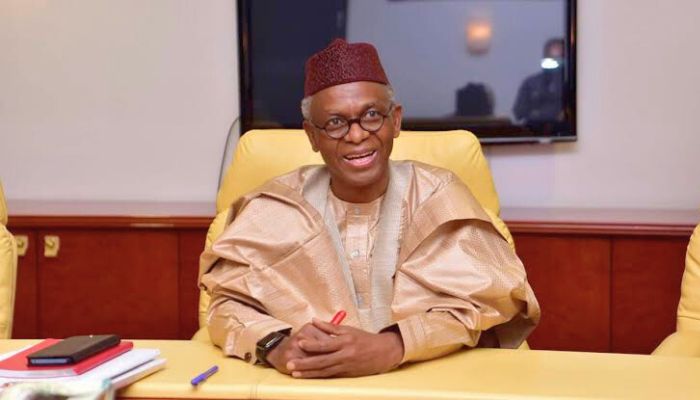

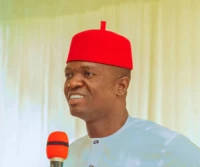

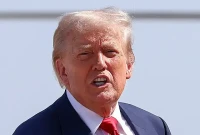

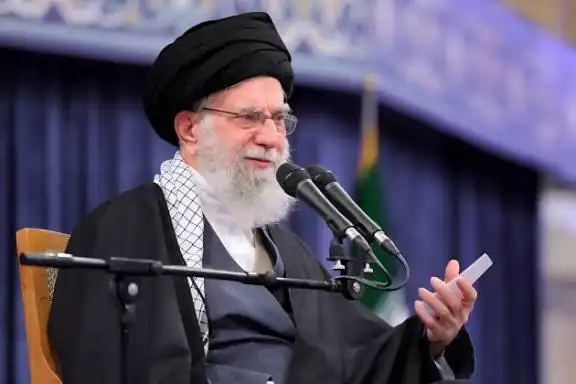
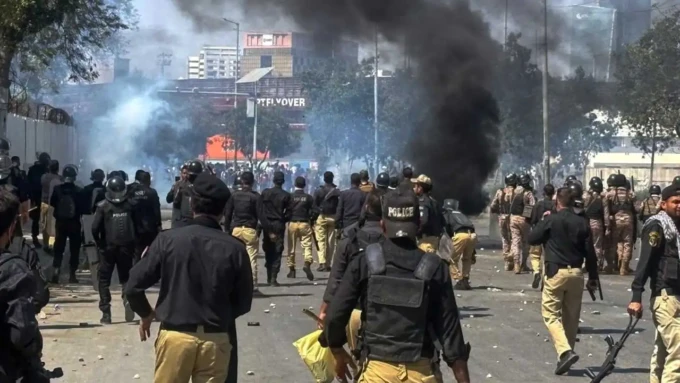

I dont buy it! El-Rufai has the drive and support to make a 2027 bid work. Lets not underestimate him.
I think El-Rufai should aim higher than 2027. Dont count him out just yet! Politics is full of surprises.
El-Rufais ambition for 2027 is not doomed to fail. Lets not underestimate his political prowess. Anything can happen in politics!
El-Rufais ambition may surprise us all. Lets not be too quick to dismiss it. Politics is full of twists and turns!
I think El-Rufai should focus on his current role instead of eyeing 2027. Its too early to predict his chances.
I dont know, man, El-Rufai always seems to surprise us. Who knows what could happen in 2027?🤷♂️
I think El-Rufai should focus on his current role. Ambitions can wait. Lets see what happens in 2027!
I think El-Rufai should go for it! Who knows what could happen in 2027? Lets not dismiss his ambitions so quickly.
Honestly, dismissing El-Rufais ambitions already? Lets give the man a chance to prove himself! Anything can happen in politics.